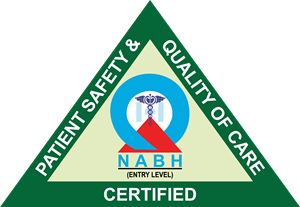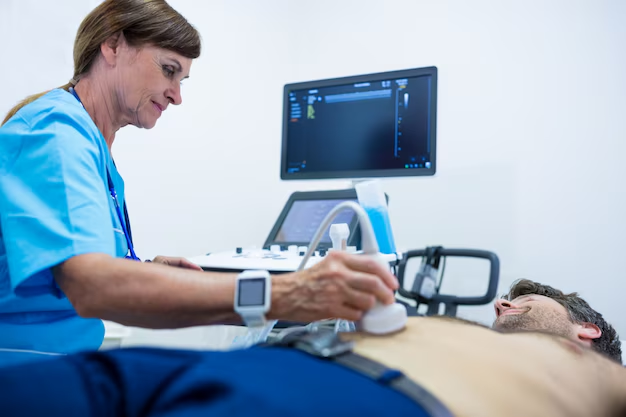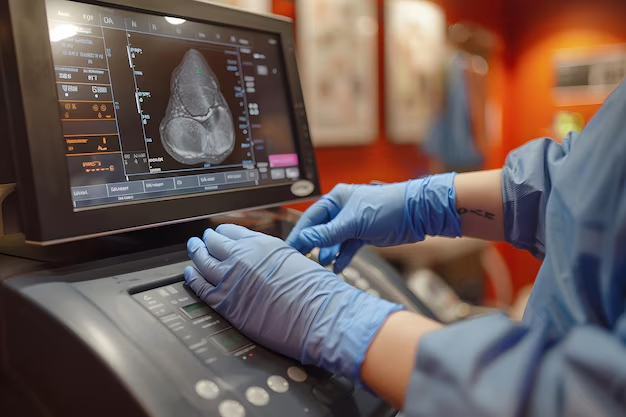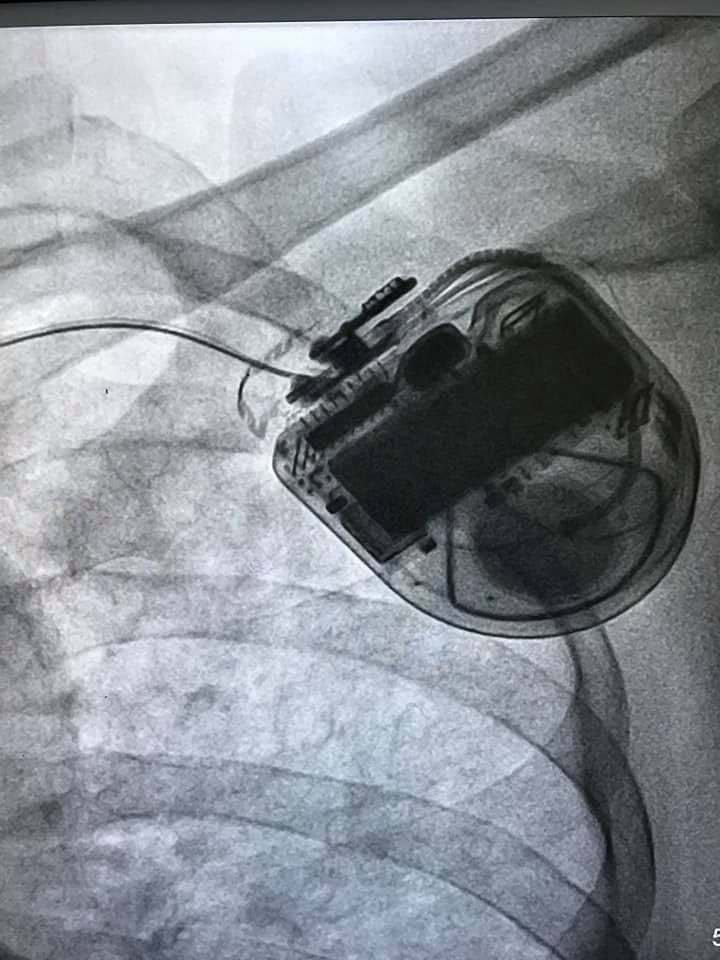Cardiac Services offer at Jinkushal Cardiac Hospital

Angiography

Stentless angioplasty

Rotablation (for complex angioplasty)

Leadless pacemaker implantation (new technique)

trans catheter Motral valve replacement (TMVR)

Open Heart Surgery (CABG)

Cardiothoracic Surgery

Cardiac Rehabilitation

Angioplasty

VUS / OCT (cardiac imaging)

Pacemaker & AICD & CRT Implantation

Transcatheter Aortic Valve Implantation (TAVI)

Valve Replacement Surgery

Minimal invasive bypass surgery (MICAS)

Heart Failure Management

























